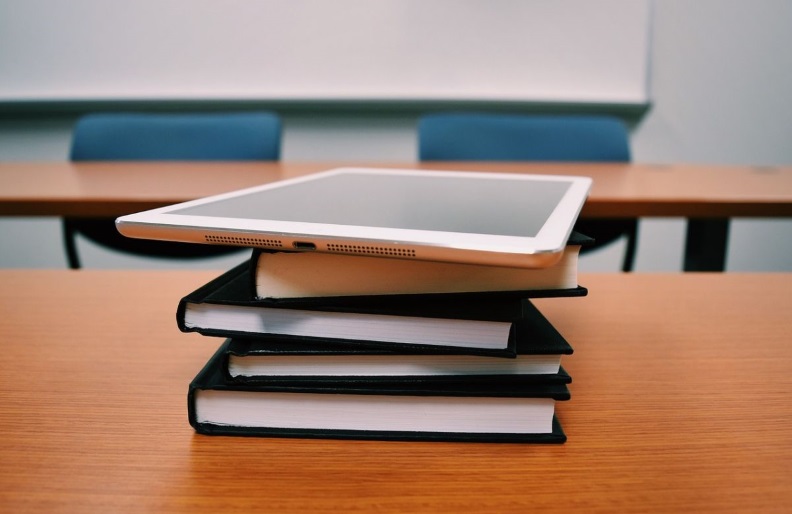For teachers, the classroom is anything but serene. Kids giggle during lessons, call out, rustle papers, and fidget — teachers must compete with the chaos to simply get students to learn. And teachers take their jobs home with them, too, spending their evenings and weekends planning lessons and grading student work.
What if AI could act as an extra pair of hands in the classroom? That was the idea Luckin and her co-author put forth in a recent paper. This AI assistant could manage tasks such as taking attendance or routine grading. It could also help teachers generate new lessons by autonomously navigating online teaching resources, such as Teachers Pay Teachers, to find the lesson plans most likely to resonate with a classroom based on the details of the students and the school’s specific curriculum.
Decreasing the workload dumped on teachers would hopefully make them less stressed. This could limit the burnout that has exacerbated the teacher shortage and make the position more appealing to others considering becoming teachers. In her paper, Luckin predicted that every teacher could have a dedicated AI assistant within the next decade.
But AI could do more than the drudgery of teaching — it could actually make teachers better by giving them greater insight into their students’ needs.
Classrooms could be equipped with language processors, speech and gesture recognition technology, eye-tracking, and other physiological sensors to collect and analyze information about each student, Luckin writes. Instead of waiting for a test or a raised hand for a student to display her understanding of the material, teachers could access real-time information that could show them why the student might not be learning at full capacity. They’d know which students weren’t getting enough sleep, if they had inadequate diets, if they were suffering from emotional stress — information that can affect a student’s performance but that can be difficult to tease out in the classroom.
The teacher could use this information to tailor his or her teaching strategies to meet the needs of each individual student. They could simply look at a list generated by the AI to see what each student should work on that day. If a student needed extra one-on-one attention, the teacher could instruct that student to work with an AI-powered Intelligent Tutoring System (ITS) that adjusts its approach to match the student’s learning style. Meanwhile, the teacher may decide to give other students group work so they could hone their interpersonal skills.
The system could also help students modify their behavior to improve their own performance. For example, a student might learn that she scores lower on exams when she stayed up late the night before, drank coffee that morning, or took public transport to school instead of walking. By altering these habits in the future, she could score better on the tests and excel.
As Luckin told Futurism, the increased use of AI in education could have downsides. Schools will need to guard against the misuse of student data, and cybersecurity will be of the utmost importance. Still, these types of precautions won’t be limited to education. Data protection will be a universal concern as the Internet of Things (IoT) grows and our world gets increasingly “smart.”
A few decades in the future, every student and teacher could be the master of their own personal educational analytics, Luckin predicts. That information could be useful beyond the classroom — students may choose to share certain analytics along with their college admission packages, while teachers may include theirs in applications for future employment.
The increased use of AI in education could have downsides. Schools will need to guard against the misuse of student data, and cybersecurity will be of the utmost importance. Still, these types of precautions won’t be limited to education. Data protection will be a universal concern as the Internet of Things (IoT) grows and our world gets increasingly “smart.”
A few decades in the future, every student and teacher could be the master of their own personal educational analytics, Luckin predicts. That information could be useful beyond the classroom — students may choose to share certain analytics along with their college admission packages, while teachers may include theirs in applications for future employment.
Reference: Futurism

